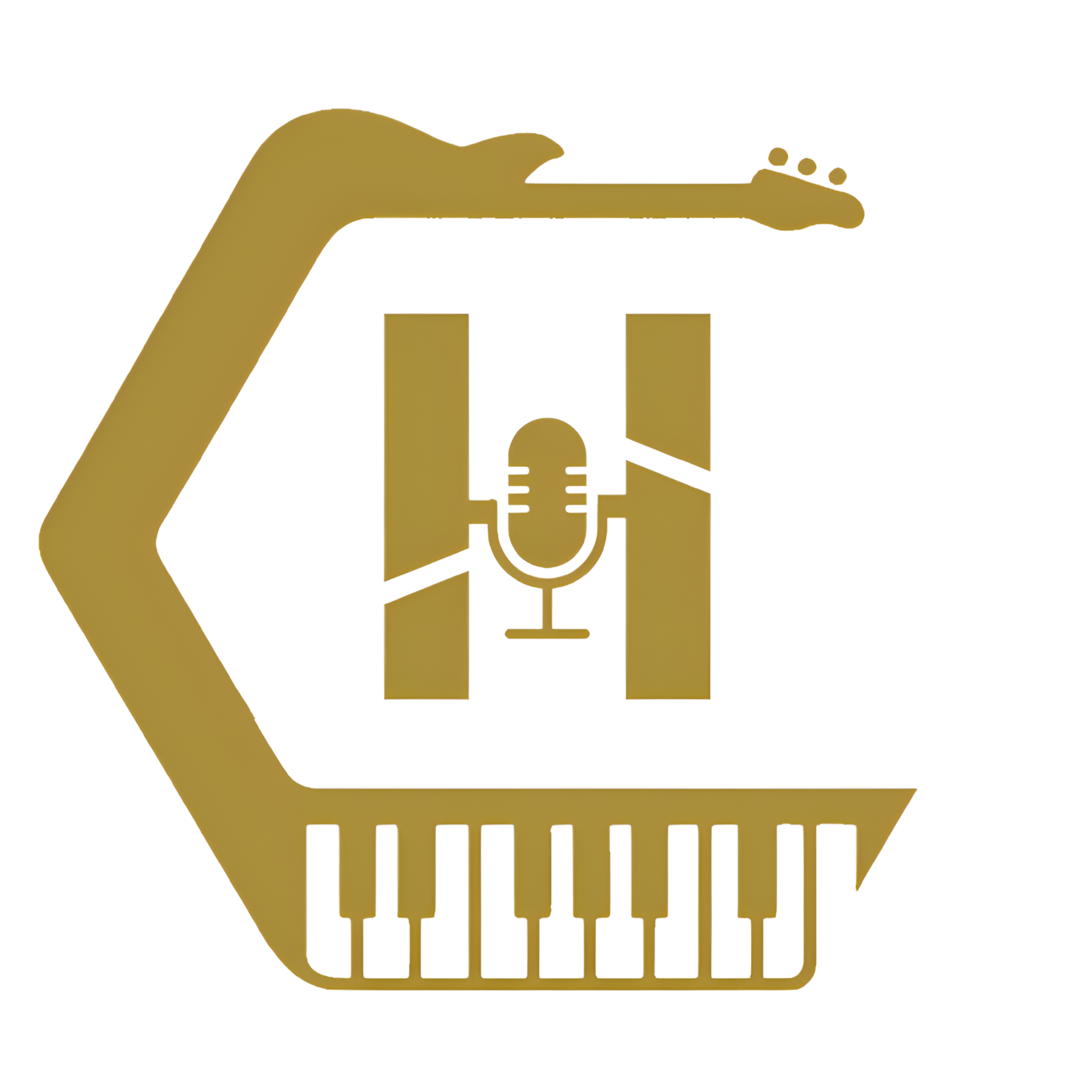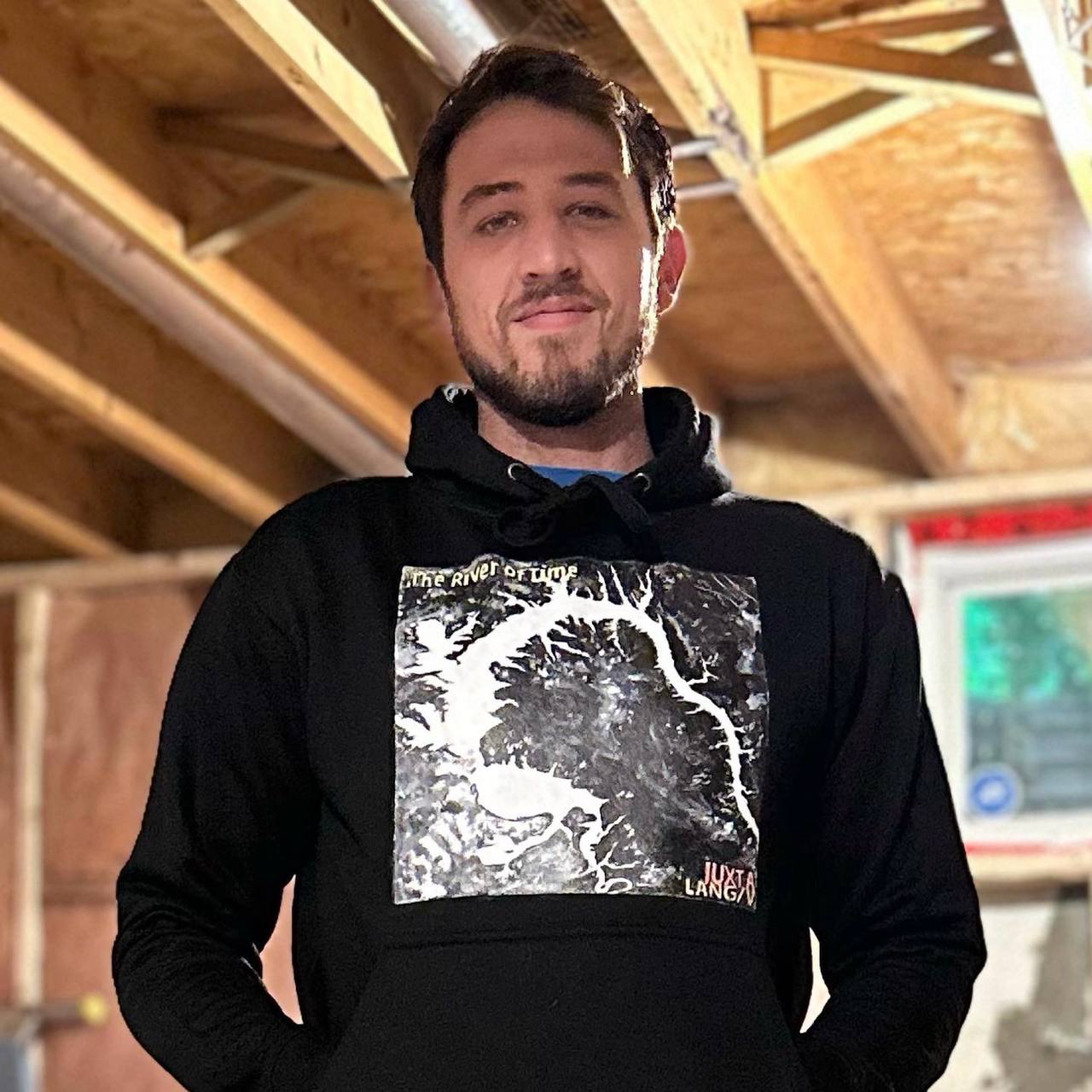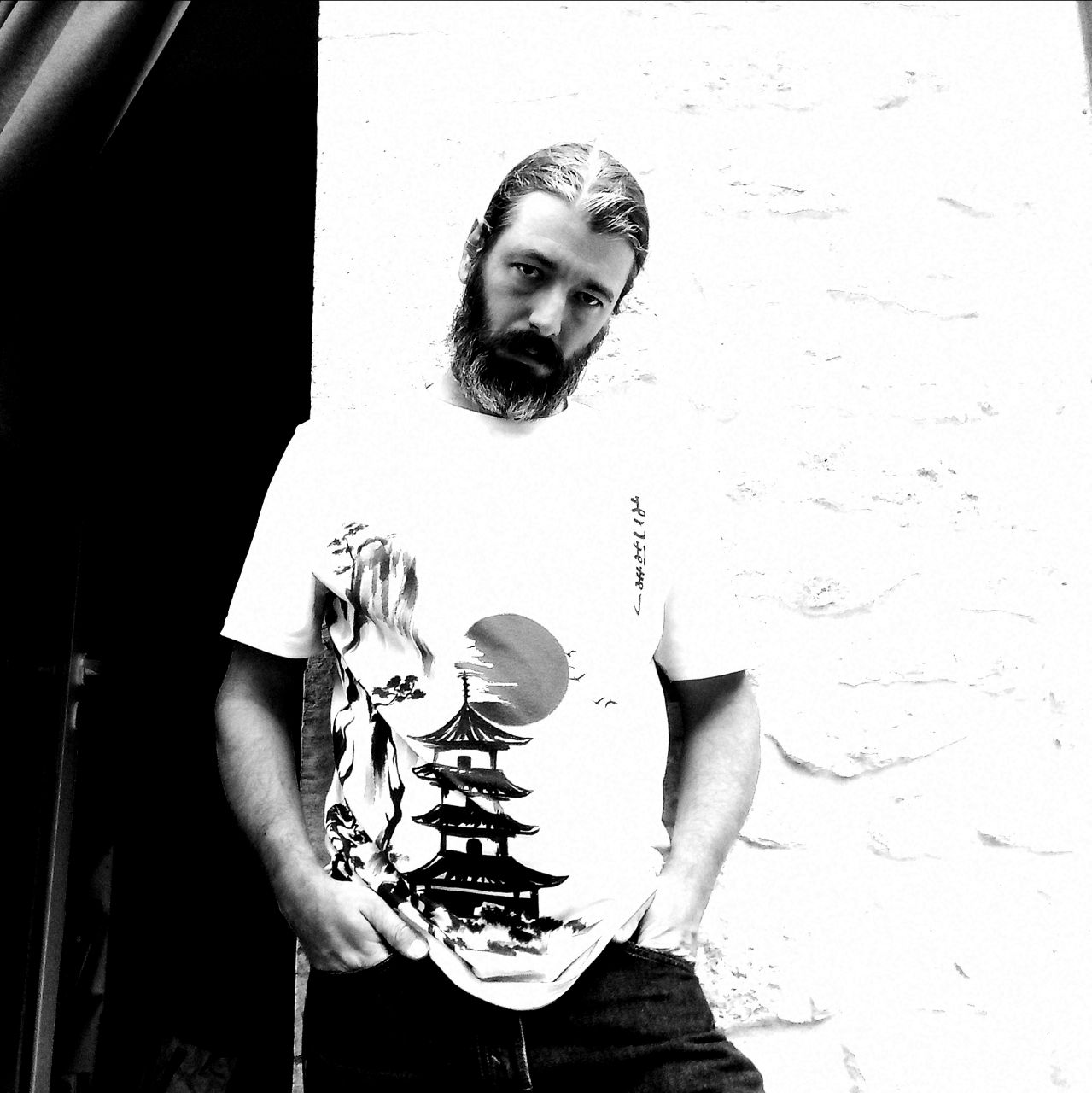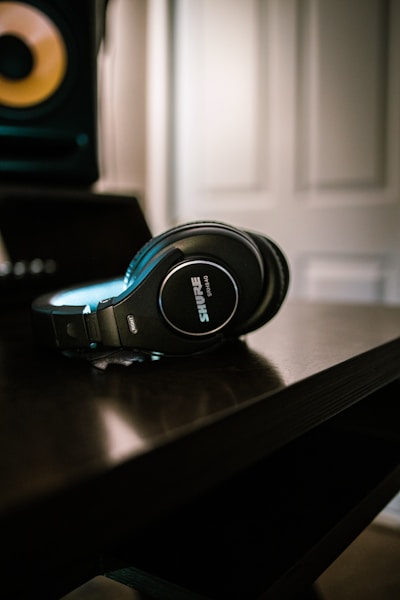Introduction
In this second edition of "Music Without Borders," we dive into one of the core values at CollabHaven Records: the power of music collaboration. As artists across the globe connect through platforms like CollabHaven Collective and Audius, they’re not just making songs - they’re breaking boundaries, blending cultures, and reshaping the sound of tomorrow. Let's explore how collaboration on a global scale is transforming music in unprecedented ways.
Why Collaboration Matters in Music
Music has always been about connection, but in today's world, technology and global accessibility have opened up an exciting new dimension - collaboration between artists from vastly different cultural and geographic backgrounds. When artists collaborate across borders, they bring their unique influences and perspectives, often rooted in the music traditions and sounds of their countries. This synergy leads to fresh and innovative creations that might not have existed without cross-cultural input.
By combining diverse approaches to songwriting, production, and instrumentation, collaborative projects help to create entirely new genres, push existing ones to their limits, and offer something unique to both the artists and their audiences.
Examples from CollabHaven Records
At CollabHaven, we have witnessed firsthand how powerful global collaboration can be. Here are a few stories of exciting projects that emerged from our international artist collective:
Jason Langvee (LangV Music) has explored the blockchain and Web3 music scenes, collaborating with artists from various musical backgrounds. His versatility, ranging from blues to electronic, exemplifies how different influences can converge into a sound that’s fresh and engaging.
Maeki Maii, a French artist with Japanese influences, has worked with producers from the Netherlands, Malaysia, and the U.S. on Audius. His collaborations have pushed his music into exciting new territories, blending Franco-American rap with sounds from around the world.
These artists show how working with international partners introduces new sounds, styles, and techniques, enriching both their individual music and the broader music community.
Interview Spotlight:
Jason Langvee on Global Collaboration and Blockchain
To shed more light on this topic, we interviewed Jason Langvee, who has collaborated with artists from diverse backgrounds and genres. Here are his thoughts:
Q1: You’ve worked with artists across various genres, from blues to electronic. How do you adapt your style to fit the diverse sounds of collaborators from different parts of the world?
Jason: “For me, music has always been about emotion first. From the rhythm, through the instrumentation, to the melody and eventually lyrics, all genres of music seem to offer different approaches to similar emotions. I suppose the reason I feel comfortable working on music spanning blues, rock, jazz, hip hop, and of course the full spectrum of electronic music… is because they all offer different lenses at the same truths I am seeking through music.”
Q2: Blockchain and Web3 have allowed artists to collaborate in new ways. What role do you see these technologies playing in the future of music collaboration, and how have they influenced your own work?
Jason: “I recall thinking back in 2010, when I first started digitally recording and producing music, that however I could experience that process from other artists… I would be hooked. To think now we have platforms like Audius, where not only can I find those artists, but also their stems to start interacting deeper with their music, all I can say is that we are in the true dawn of collaboration.”
Q3: Collaboration across borders often means navigating different musical traditions. Can you share a specific instance where an international collaboration introduced you to a new genre or approach to music-making?
Jason: “I have had the great fortune of working with, and learning from some amazing artists around the world. From the production expertise of Uezurii, to the bombastic poetry of Maeki Maii, it’s truly hard to pick just one instance. If I had to, I would say hearing a dubstep remix of my 6/8 alternative composition that Uezurii produced of “The Ego” is an opus I never expected, and still revisit to this day!”
Q4: What advice would you give to artists looking to begin collaborating internationally, especially those who might be unsure of how to start or manage long-distance creative partnerships?
Jason: “Be yourself, and be open to change. While seemingly contradictory, collaboration will teach you what you really bring to the table and where you may find some strength in the learnings and teachings of others.”
Q5: Looking forward, how do you see global music collaboration evolving in the next five years, and what role do you think platforms like CollabHaven can play in fostering these creative connections?
Jason: “By 2030, the way we think about creating music will be different. Through COVID we embraced the power of digital connection and have since harnessed technology to push our creative visions even further. Today, you can hear beautiful covers and original songs that were produced with no ‘real’ musicians, or ‘real’ instruments through AI. Add to that, the ability to work asynchronously (or in real time) with amazingly passionate artists who also have those tools at their own fingertips. I believe we will see more, and more amazing collaboration by the year, month, day, and even second. Thanks to pioneers like CollabHaven, we are just now finding each other and our collaborative futures.”
Maeki Maii
Q1: Your music blends influences from French rap and Japanese culture. How do these two cultural elements combine in your sound, and how has working with international collaborators strengthened this fusion?
Maeki Maii: “As a child, like many of my generation, I was influenced by Dragon Ball, Fist of the North Star, Saint Seiya, and City Hunter. However, it was the discovery of Akira Kurosawa’s cinema that truly immersed me in Japanese culture. Then came Miyazaki, One Piece, Takeshi Kitano, and more. The Japanese universe helps me approach my themes with a philosophical perspective and create a unique cinematic world, also influenced by my love for Italian westerns. This fusion was notably strengthened by my collaborations with Uezurii, who also shares a passion for Japan and expresses it through his remarkable productions that blend Western sounds with traditional Japanese instruments, as in our hit Shiryu. I’ve also collaborated with Stewart X, a talented Malaysian producer who brings a very Asian, atmospheric vibe to our music. We even have a few new song projects together.”
Q2: You have collaborated with artists from countries like the Netherlands, Canada, and more. What has been the most surprising or enriching aspect of collaborating with artists from such diverse musical backgrounds?
Maeki Maii: “It’s precisely through the association of different cultures that richness is created. Isolation is a bourgeois behavior that does not interest me. To bring a universe to life, you need to learn how to broaden it while maintaining its values. Connecting with artists from all backgrounds and other cultures nourishes my wings to soar higher in my poetry and my love for freedom.”
Q3: How has international collaboration pushed you out of your comfort zone as an artist? Can you share a specific instance where working with someone from another country changed your approach to music-making?
Maeki Maii: “When constructing my songs, since the producers and artists usually don’t understand my lyrics, I need to write with much more precision and structure my tracks impeccably. This has pushed me further in pre-mixing and track cleaning. It was especially with Ljazz and CollabHaven that I learned to approach my music more professionally, notably through the construction of our album Art Feeling, but also the upcoming CollabHaven album, where I can’t afford to leave anything to chance.”
Q4: In today’s music world, technology allows collaboration beyond time zones and continents. How do you manage these remote collaborations, and which tools or platforms have been most useful in your process?
Maeki Maii: “First of all, thanks to Audius, which has allowed me to meet so many quality independent artists from all over the world. The other tools without which I couldn’t progress like this are Google Translate and WeTransfer. I also use Facebook, Instagram, WhatsApp, and Telegram to communicate. Telegram is particularly well-suited with its built-in translation function. With all these tools, it is possible to communicate effectively despite linguistic and geographical barriers.”
Q5: As someone deeply involved in the Web3 and Audius scene, how do you think blockchain technology is shaping the future of music collaboration, especially for independent artists like yourself?
Maeki Maii: “I became deeply involved in Audius because I needed a more human music platform than the big soulless structures like Spotify. Audius is a platform that respects artists more, allowing me to share my music worldwide and discover just as much in return. Blockchain technology reduces intermediaries, so the link between the artist and the public is as direct as possible. Fewer intermediaries mean fewer parasites, which leads to more truths. And what we need is true Art.”
Benefits of Global Collaboration
Diversity of Sound: One of the most immediate benefits of global collaboration is the diversity of sound. Artists from different cultures bring their unique musical traditions, creating hybrid genres that transcend conventional boundaries. This fusion results in fresh, unique compositions that couldn’t have been imagined in isolation.
Skill Sharing: When artists collaborate globally, they also exchange techniques, styles, and production skills. A producer in one country might introduce a new beat-making technique, while a songwriter in another part of the world may bring innovative lyrical storytelling methods. These skill exchanges help artists grow beyond their original scope.
Broader Reach: Collaboration is also a powerful marketing tool. By working with artists from different regions, musicians can tap into each other's audiences. This expanded reach helps artists gain international recognition and grow their fanbase faster. Additionally, their music benefits from exposure to fans who might not have discovered it otherwise.
How to Start Collaborating with Artists Globally
Global collaboration may sound complex, but it's more accessible than ever with the right tools. Here are some practical tips for artists who want to start collaborating internationally:
Join Online Communities: Platforms like CollabHaven Collective allow artists to connect and collaborate with other musicians from around the world. Other platforms such as Audius, SoundCloud, and social media networks like Instagram or Twitter are also great places to meet potential collaborators.
Use Collaboration Tools: Tools like Splice, Soundtrap, and Ableton Link make remote collaboration a breeze. These platforms allow musicians to share project files, co-create tracks in real-time, and work together as if they’re in the same studio.
Be Open to Different Time Zones and Workflows: Working with artists from different parts of the world means adapting to different time zones and creative processes. Flexibility and clear communication are key to making global collaborations successful.
Conclusion:
The Future of Music is Global
As we look ahead, it’s clear that the future of music is global. With more and more artists crossing borders to create together, we’re seeing the emergence of truly boundary-less music. CollabHaven Records is committed to fostering this global community of artists, where collaboration isn't just a tool but the very foundation of the creative process.
So, whether you're a musician looking to expand your horizons or a music lover eager to discover fresh sounds, remember: the most exciting music is being made at the intersection of cultures, where the possibilities are endless.
Stay tuned for more exciting stories and tips in next week’s blog post!
Share247 shares





